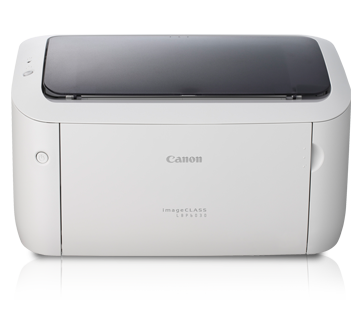 Game development has exploded over the last few years, and now it seems like everyone is making a video game. You've got big studios full of hundreds of people. You've got small teams making incredible games. There are more people in independent game development than ever. This is an amazing thing, because everyone brings their unique experience and sensibilities to game design.
Game development has exploded over the last few years, and now it seems like everyone is making a video game. You've got big studios full of hundreds of people. You've got small teams making incredible games. There are more people in independent game development than ever. This is an amazing thing, because everyone brings their unique experience and sensibilities to game design.
The more people who we can get making games and sharing their individual voices, the more we will see games evolve in new and exciting directions.
Believe it or not, this can involve you.
HOW TO START
There is a saying that motivated me for writing this article is "Start small, and be ready to fail".
Before you get too excited, please realize that, as with any other skill, learning how to design and develop games takes time and practice. You should shoot for what developers call a prototype: a smaller version of your idea with a few working mechanics, a prototype that lets you see how your game plays, allows you to improve the design, and forms the foundation that you can later build upon to make a full game
CHOOSE YOUR TOOLS


In this article I'll use UNITY and I'll explain why we use UNITY to develop 2D / 3D games. Before I start I'll explain what is unity.
What is Unity?
- Game engine – system designed to help create video games-Easier & Faster
- Visual editor – see changes in real-time- Interactive & Rapid prototyping
- Component-based – functionality built out of smaller pieces- Modular & Extensible
Architecture
Why UNITY
1. Unity is free for everyone
2. Unity is Much more than "an indie game engine"
3. Unity is Setting the Industry Standard for Realism
4. Programming in Unity is Pain-Free
5. Your Unity Game Will Run on Any Platform etc
The last thing I have to say is if you are interesting about game development start small and ready to fail.






0 Comments
Thanks for the feedback